CALL Courses: Fall 2023
All Fall 2023 courses run September 11 – October 30, 2023.
- Church History: Anglican Identity with Rev. Daniel London
- The Diaconate with Dr. Rod Dugliss
- Systematic Theology with Dr. Stephan Quarles
- Facing Choices: Ethics in the Anglican Tradition with Rev. Austin Leininger
- Navigating Conflict: Speaking the Truth in Love with Rev. Alex Leach
- Constitution, Canons, and Polity with Rev. Thomas Ferguson
- The New Testament Parables with Rev. Laurent Lokitakatshi-Odjango
- Introduction to the Book of Common Prayer with Dr. Melissa Hartley
- Orientation to the Old Testament with Dr. Donn Morgan
Church History: Anglican Identity
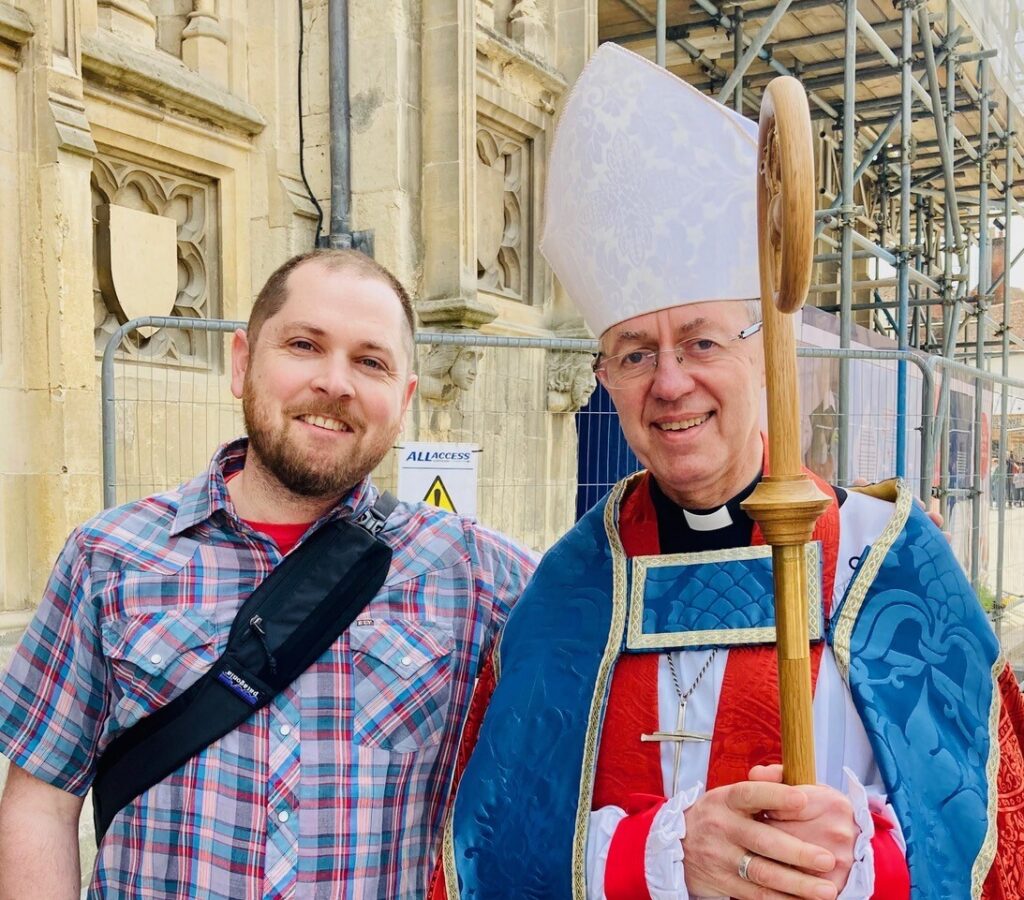
In this course, students will explore Anglican identity by practicing spiritual disciplines associated with key luminaries in the Anglican tradition. Students will be invited to pray Matins from Thomas Cranmer’s first prayer book, read the poetry of George Herbert and John Donne, sing the hymns of Charles Wesley, study Scripture with William Temple, practice contemplation with Evelyn Underhill, lament with C.S. Lewis and Desmond Tutu, and pray the Night Prayer from the New Zealand prayer book. Students will not only gain an understanding but also a personal experience of Classical Anglicanism, Evangelical Anglicanism, Anglo-Catholicism, and expressions of Anglicanism from around the world. The pressing issues of the Anglican Communion will be analyzed as students engage in the spiritual discipline that ultimately forms one’s identity as an Episcopalian and Anglican: the practice of common prayer.
Instructor: The Rev. Daniel London, PhD, serves as the rector of Christ Episcopal Church in Eureka CA. He teaches courses on Christian Spirituality, World Religions, and Anglican Ethics at CDSP, the School for Deacons, and the Center for Bible Study. He is the author of The Cloud of Unknowing Distilled (Apocryphile Press) and Theodicy and Spirituality in the Fourth Gospel (Fortress Academic). He is also a Forest Therapy Guide, certified by the Association of Nature and Forest Therapy; and an Associate of the Order of the Holy Cross and the Community of the Transfiguration. He lives in the Transfiguration House in Eureka CA with his wife Dr. Ashley London Bacchi and their two Yorkies, Seabury and Gubbio.
The Diaconate
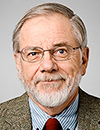
The Diaconate is an online course for deacons, deacons in formation, and those wishing to be better grounded in a sound understanding of The Sacred Order of Deacons including especially, members of local discernment committees and members of Commissions on Ministry.
The course will consider the history of the Order of Deacons—what is helpful and what is not; the ecclesiology of orders, the distinctive experience of the diaconate in The Episcopal Church, how and why deacons engage in ministry and leadership, and finally, a brief look at the diaconate seen ecumenically.
Among other things, the course is specifically designed to meet the formation goals implicit in the Title III formation area, “Diakonia and the diaconate.”
Instructor: Rod Dugliss is a former Dean of the School for Deacons in the Diocese of California. He has served as a missionary in Japan, has taught at the undergraduate and graduate level at several institutions, and endured a sojourn in the corporate world. Rod has a Ph.D. in Political Science from Duke University.
Systematic Theology
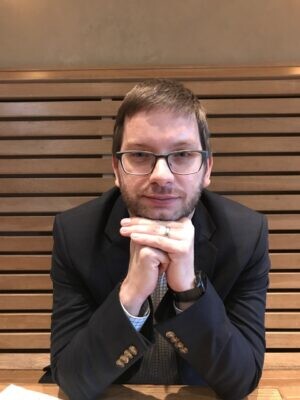
Systematic theology seeks to tell a single story about God and God’s activity in the world from Creation to the Eschaton. There are points within that story that we will focus on, particularly as it comes to gaining clarity about God’s activity. The person of Jesus Christ as the central and seminal activity of the Christian story will be focused on and seen as the lens by which Christians come to learn to speak this story about God. We will, then, focus on the Holy Spirit and the Church’s role in the world and this story.
Systematic theology is, therefore, the telling of this story in a coherent and methodologically ordered manner. This course will explore the specific and critical relationships between doctrines—God, Christology, Creation—and the life of the world and the Church together.
Therefore, systematic theology is not a totalizing discourse that seeks to control or articulate precisely what or who God is. God is beyond the language that systematicians use, yet the work of systematic theology is to explore, wrestle, name to excess, and articulate clearly “the faith with a little understanding.”
Instructor: Dr. Stephan Quarles holds a PhD in Systematic and Philosophical theology from the Graduate Theological Union in Berkeley, Ca. He specializes in the intersections of 20th century philosophy with systematic theology, particularly the cross and apophatic theology. He lives in Central Illinois with his wife and child. He works as a Chaplain at OSF St. Francis in Peoria, Il.
Facing Choices: Ethics in the Anglican Tradition
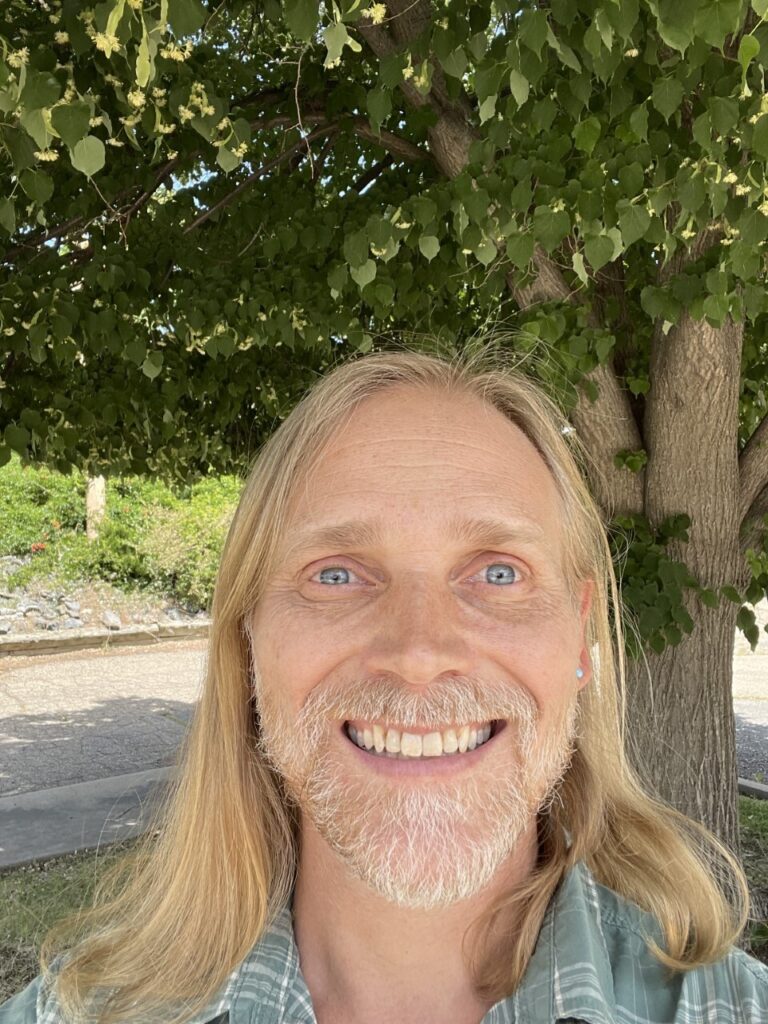
Ethics in the Anglican tradition draws on a rich history of discourse as we strive to engage with our faith, living it out in an imperfect world and Church. Whether we are struggling to justify sacramental liturgy and church hierarchy in the face of Puritan attack, or determining church policy on inclusion of women and LGBTQIA+ people, Anglicans have drawn on a wide array of ethical approaches ranging from teleological virtue ethics to relational theory (both pre-feminist and contemporary).
Ethical dilemmas continue to challenge lay and ordained leaders across the wide diversity of our church—frequently in our own parishes, where each of us engages our faith to face the challenges that surround us. In this course we’ll explore how thinkers as diverse as Plato (ancient Greece) and Marcella Althaus Reid (contemporary social justice and postcolonial liberation theorist) have helped people of faith make hard choices and live faithfully with the results. We’ll spend some time conversing with history (ancient Greece, Bible, Reformation), then dive into some of our “best” Anglican dilemmas both old and new as we explore the application of our rich tradition to real life issues in the church at home and around the world.
Instructor: The Rev. Dr. Austin Leininger has been an Episcopal priest since 2006, and currently serves as rector at Christ the King in Arvada, CO. Austin completed their PhD in Ethics and Social Theory at the Graduate Theological Union in Berkeley. They have been teaching in Anglican studies and Ethics for the past ten years and Austin teaches concurrently at CDSP and Iliff School of Theology’s Anglican Studies program in Denver, CO. Austin is “husband” to Jane, and papa to their three children.
Navigating Conflict: Speaking the Truth in Love
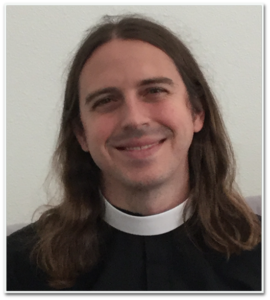
Reconciliation is the mission of the Church; and reconciliation is not the absence of conflict but rather the navigation of it. When approached with skill and grounded in Christ’s love, conflict is a healthy process through which we fully encounter our neighbor, we learn about ourselves, and ultimately leads to unity amidst difference. In this course, you will learn concrete skills and tools that help keep conflict healthy and safe. You will also explore the spiritual practices which form the bedrock of this work. Over the seven weeks, you will be asked to read, listen, reflect, and practice skills.
Instructor: Alex Leach is currently a Priest-in-Charge at St. Luke’s in Woodland, CA. But before becoming a priest, Alex worked extensively in the field of conflict navigation. He ran a private coaching business for seven and a half years that focused on conflict communication skills. He also worked for five to six years for an agency in Sacramento called Relationship Skills Center. This Center offered free classes on conflict navigation skills to low-income individuals and families. Alex is excited about exploring the lessons that behavioral psychology and research on healthy communication skills can offer in conversation with our faith and church contexts.
Constitution, Canons, and Polity
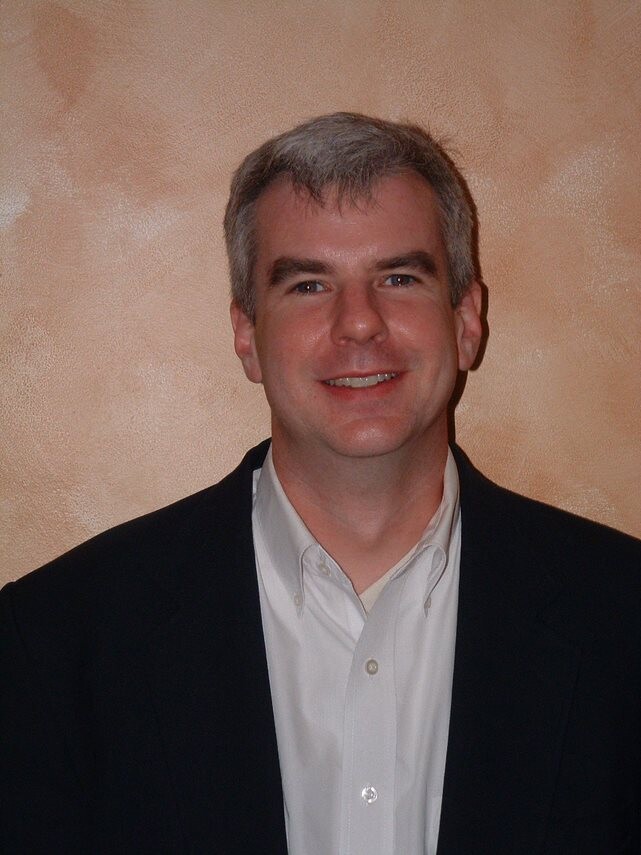
This course is intended to be an introduction to the polity and governance of The Episcopal Church, emphasizing both historical development and current issues and concerns. By the end of the course, each student will have an overview of the development of the ecclesiology of The Episcopal Church and an understanding of the Constitution and Canons. Demonstrated competency in the Constitution and Canons is one of the canonical requirements for those seeking ordination as deacon or priest in The Episcopal Church.
Instructor:
Rev. Thomas Ferguson received a PhD in the History of Christianity from the Church Divinity School of the Pacific/Graduate Theological Union. Rev. Thomas Ferguson has taught online courses for CALL since they started having online courses, and has taught adjunct in Anglican Studies and Church History at Bloy House in Los Angeles, Union Theological Seminary in New York, Seminary of the Southwest, and Wartburg School of Theology in Dubuque, Iowa. Rev. Thomas Ferguson served for several years as Academic Dean at Bexley Seabury Seminary Federation, one of the seminaries of the Episcopal Church, where Rev. Ferguson taught Episcopal/Anglican history and theology. From 2001-2011 I served first as Assistant Ecumenical Officer and then as Ecumenical Officer for the Presiding Bishop. After several years as a full-time parish rector, in the summer of 2022, Rev. Thomas Ferguson accepted a new position as Canon for Mission and Formation in the Episcopal Diocese of Central New York.
The New Testament Parables
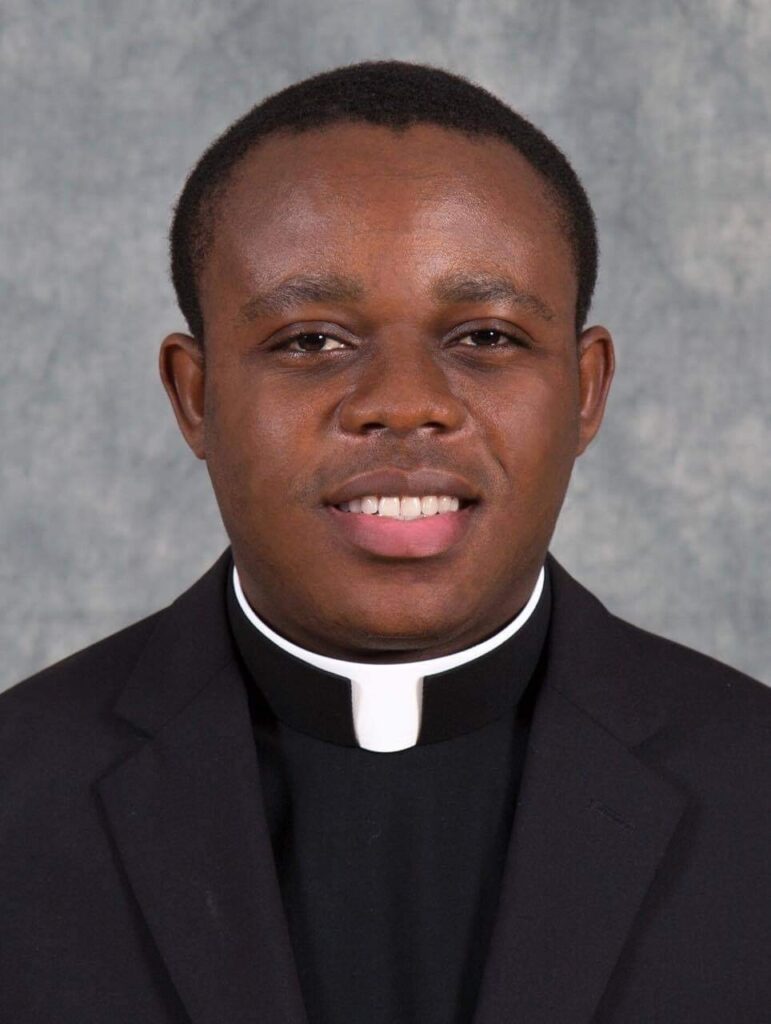
The course explores the parables of Jesus in their historical, cultural, and literary contexts. A close study of specific parables will determine the embedded theological themes, ethical lessons, codifications for social reconstruction, and the significance of the parabolic discourse for the Church and society today.
I am thrilled to be the instructor for the course on parables and count you as my fellow Bible readers. As we engage the New Testament parables and the different secondary readings, I look forward to a shared appreciation of the richness and multivocality of the Word of God. I also hope that you will develop more love for parables and enrich your understandings of parables for various ministries and discipleship. I am passionate about how parables can help us create more just and compassionate communities. In a world in which it has become even more difficult to live together as brothers and sisters, some parables might help us discover ways to construct social spaces of authentic humanity.
Instructor: My name is Laurent Okitakatshi, the instructor for the course on parables. I am a Roman Catholic Priest and I hold a doctorate in Biblical Studies from the Graduate Theological Union in Berkeley. The New Testament is my primary area of concentration with a particular interest in the letters of St. Paul. My doctoral dissertation is entitled: “Not a slave, But a Beloved Brother in the Flesh and in the Lord: the Construction of a Koinonia-Space in the Letter to Philemon.”
Ordained for the diocese of Tshumbe, I am originally from the Democratic Republic of Congo (Central Africa). English is my second academic language and my fourth spoken language after Otetela, Lingala, and French. I currently serve as the chaplain of the Catholic Campus Ministry (St. John Henry Newman Center) at Southeast Missouri State University in Cape Girardeau, Missouri. In the past two years, while a PhD candidate, I served as a teaching assistant to Professor Peter Ajer for the courses of Introduction to the New Testament at CDSP.
Introduction to the Book of Common Prayer
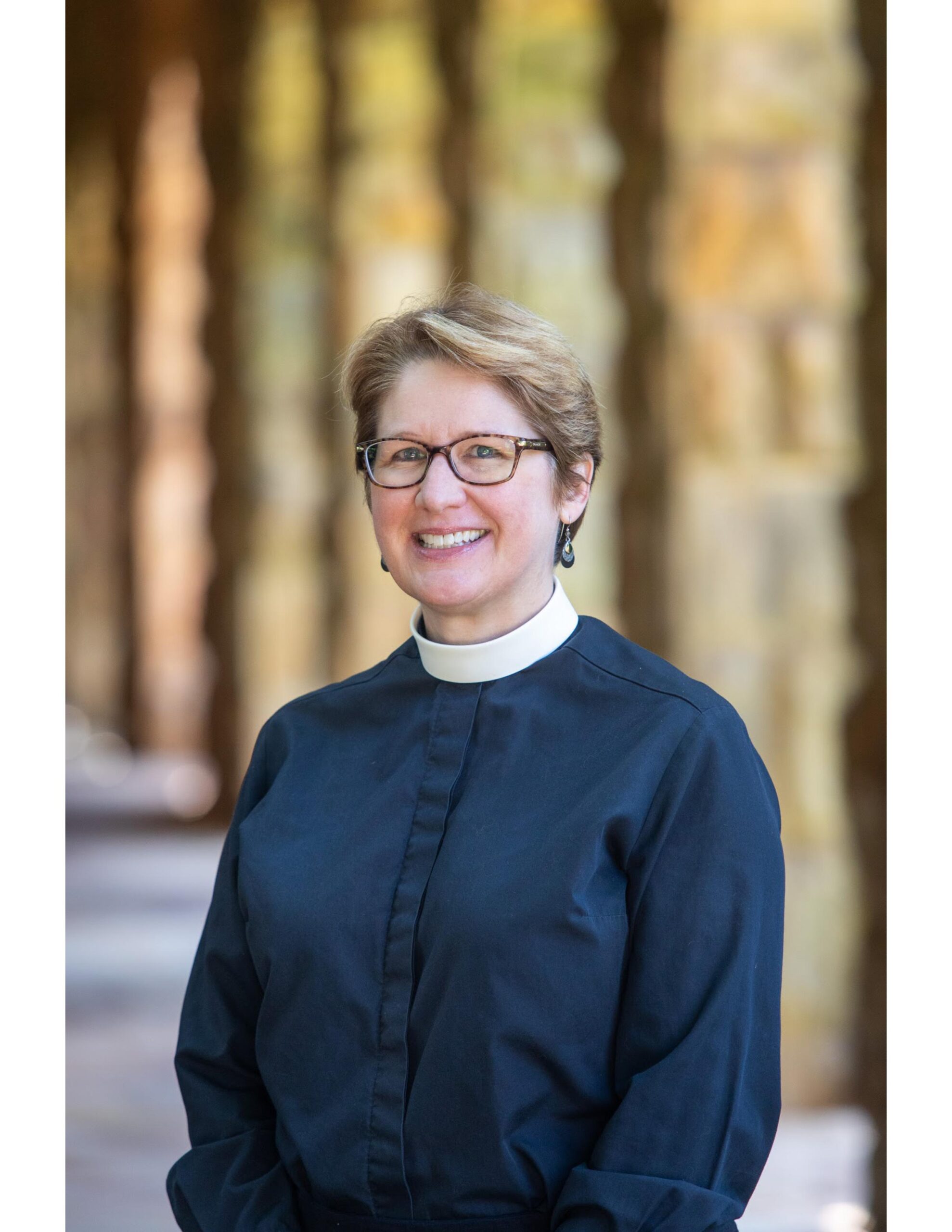
This course will offer an introduction to the Book of Common Prayer, looking at its historical roots in the Church of England and following its development in the American prayer books. The primary focus will be on the 1979 Book of Common Prayer and its use today. Since much of the theology of the Episcopal Church is contained within its worship, this course will examine how the 1979 prayer book is different from previous editions and why these changes are so significant. Emphasis will be given to the rites of initiation and the eucharist.
Instructor: The Rev. Dr. Melissa Hartley is the Senior Associate University Chaplain at The University of the South, in Sewanee, Tennessee, where she coordinates worship for All Saints’ Chapel and leads the Catechumenate process. She teaches in the Doctor of Ministry and ACTS (Alternative Clergy Training in Sewanee) programs at the School of Theology. Melissa is an Episcopal priest from the Diocese of Atlanta and has served parishes in Georgia, New York, and New Jersey. She holds the following degrees: B.A., University of the South; M.Div., S.T.M., General Theological Seminary; Ph.D. (Liturgical Studies), Drew University.
Orientation to the Old Testament
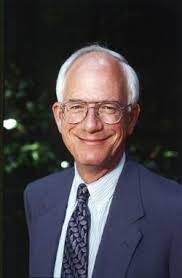
This course provides an orientation to the Old Testament Scriptures for those with limited exposure to and knowledge of its content. Orientation to the whole Old Testament in the space of seven weeks is made possible by seeing it from many different perspectives. Sometimes we look at the whole, as scripture and canon–especially at the beginning and the end of the course. At other times we look carefully at distinctive literary, historical, and theological characteristics. Our goal is to be able to navigate through the whole Old Testament, studying particular texts more easily, understanding its organization and its basic messages. This course is intended to orient, interest, and motivate further study of the Old Testament, making it a constant and valuable part of ministry.
Instructor: Donn Morgan is Professor of Old Testament Emeritus at Church Divinity School of the Pacific. Always a student and teacher of the Bible, he also held administrative positions at CDSP (academic dean, president). He has been deeply involved in theological education in The Episcopal Church and the Graduate Theological Union, as well as teaching in Asia and England. His books include Fighting with the Bible, Manifesto for Learning, Talking with the Bible and The Oxford Handbook of the Writings of the Hebrew Bible (editor).

